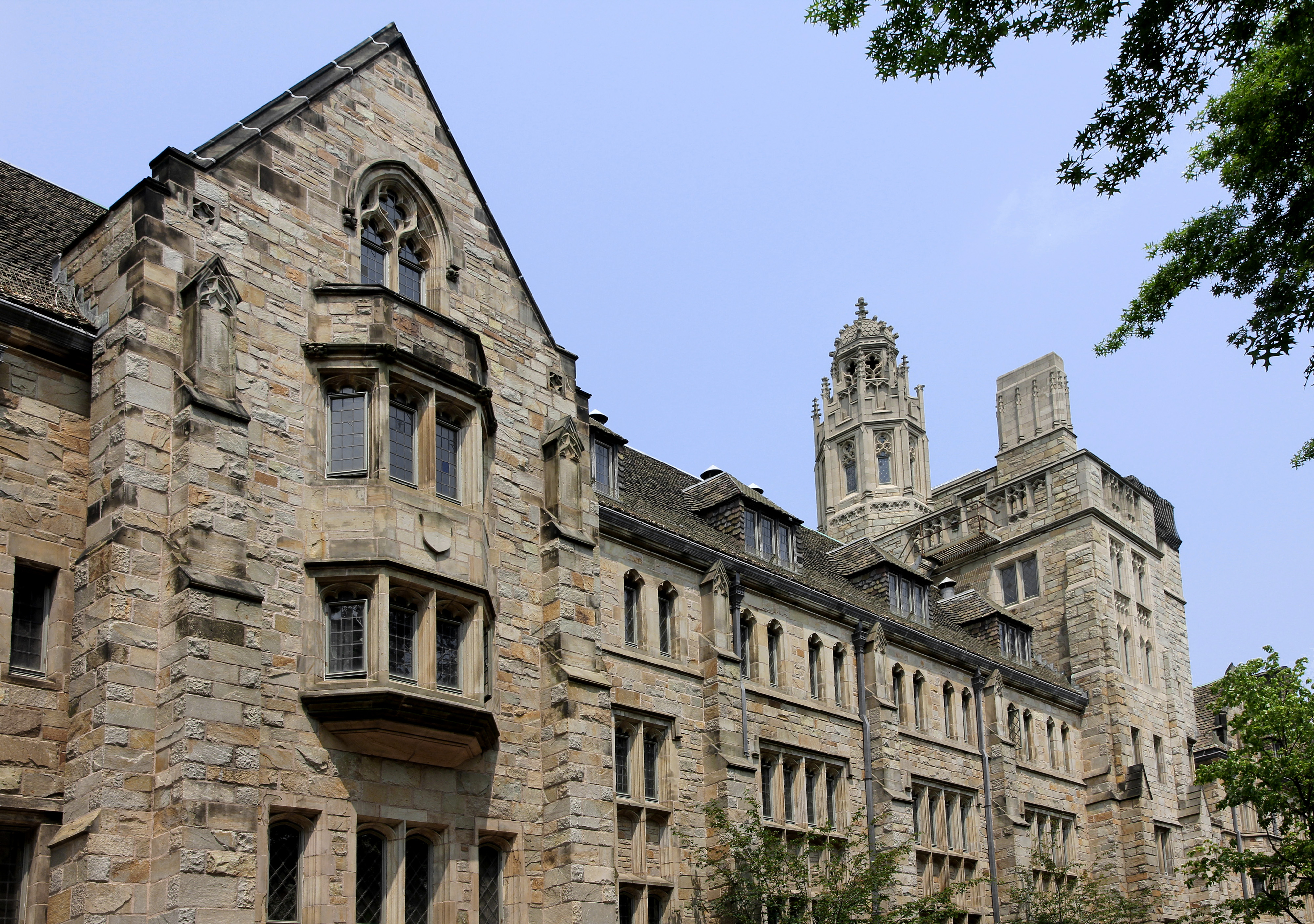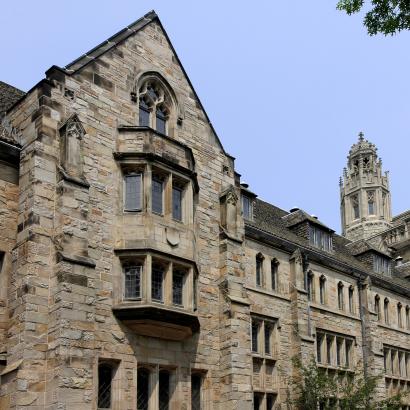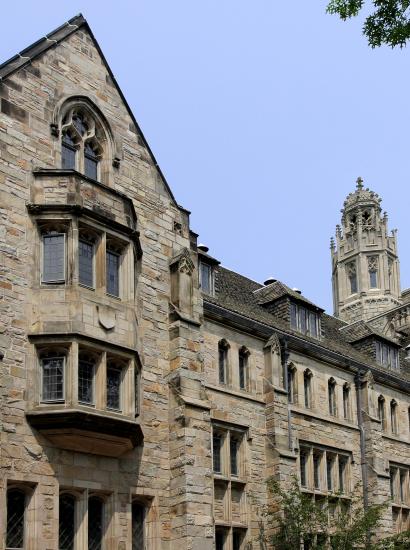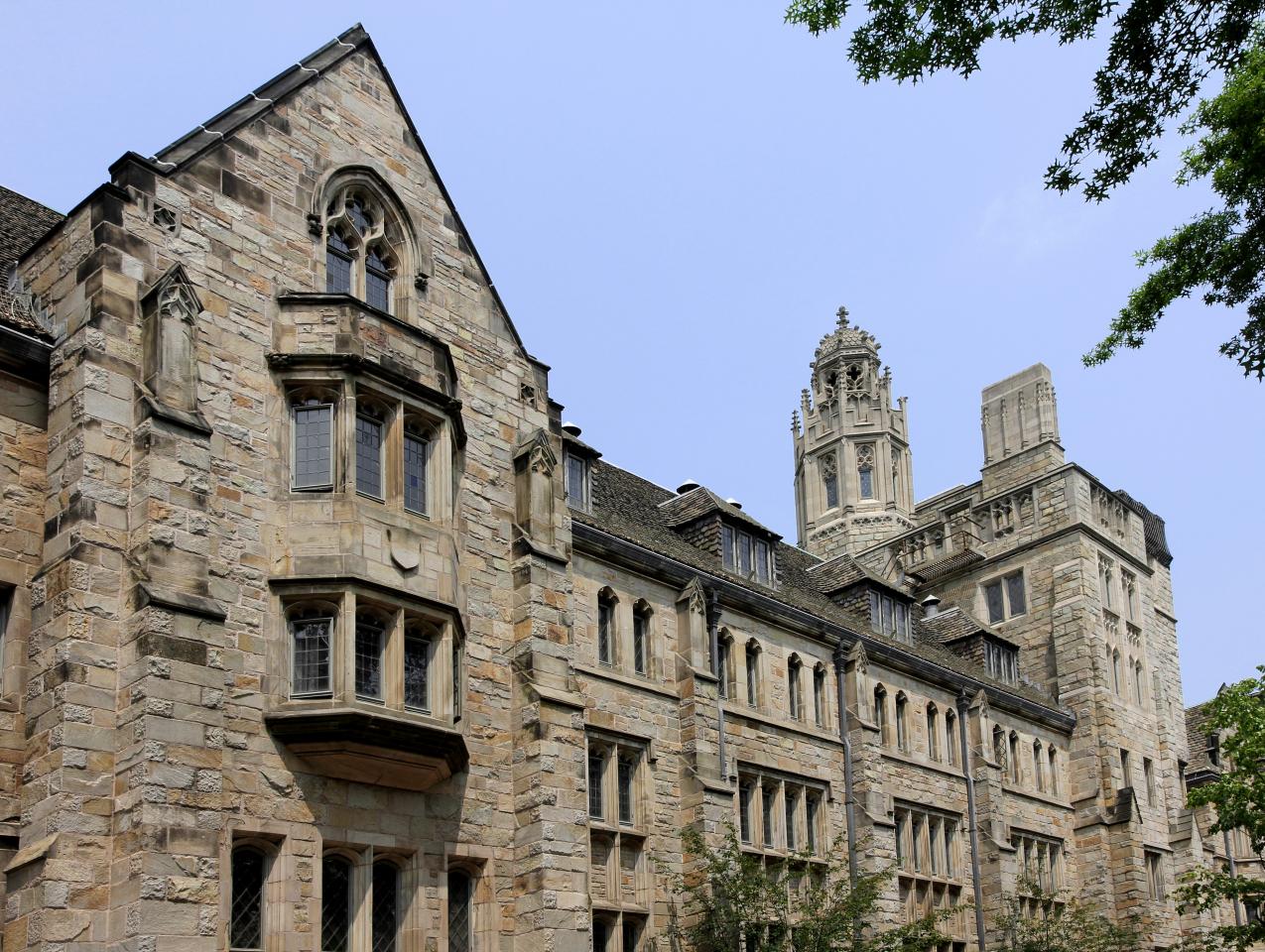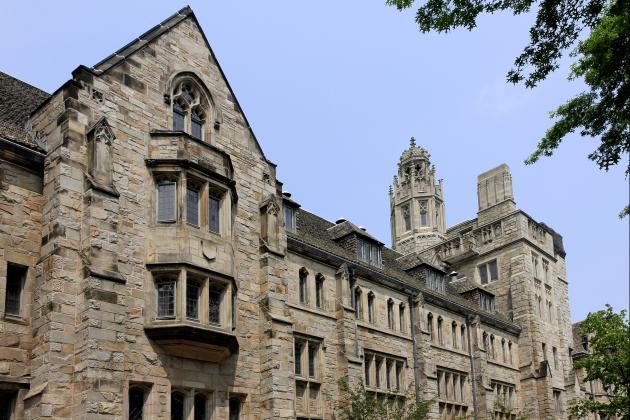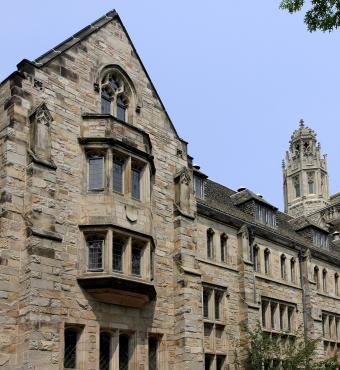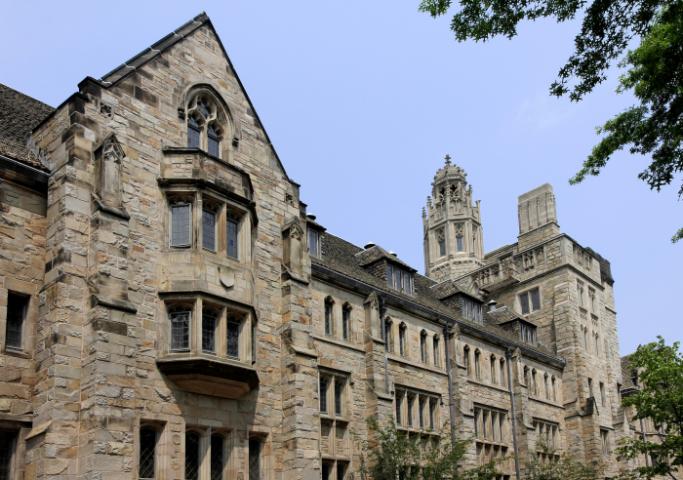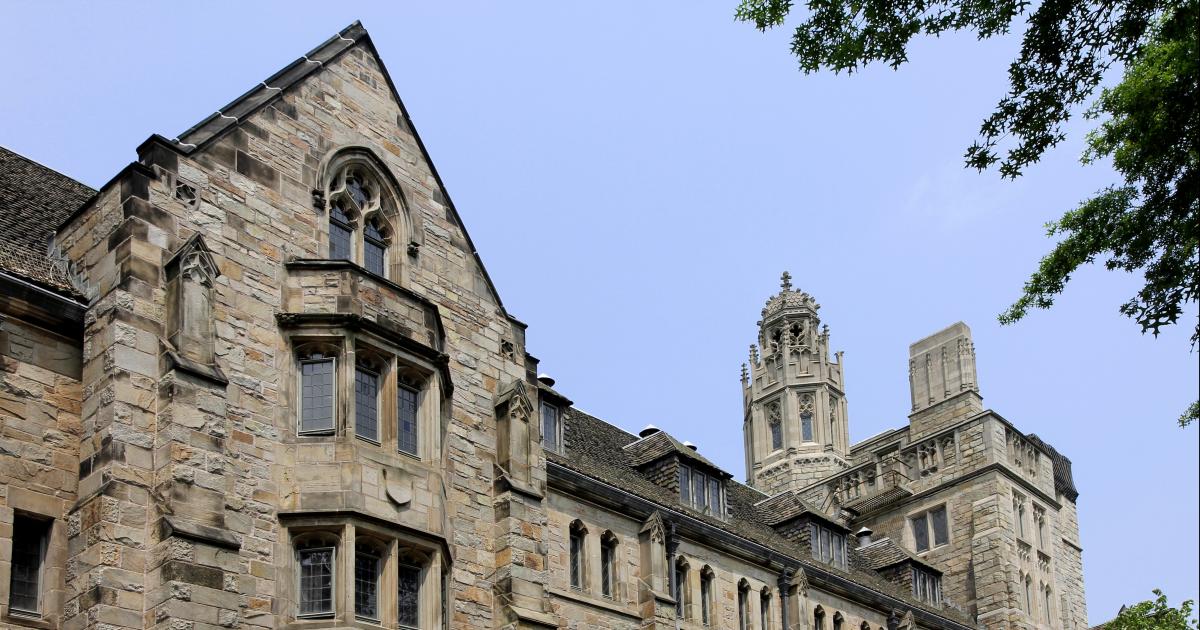- Economics
- Education
- Law & Policy
- Politics, Institutions, and Public Opinion
- Civil Rights & Race
Last week, the world of colleges was rocked by a scandal in which some students were alleged to have gained admission to universities including Yale, Wake Forest, and Georgetown, as well as the California campuses of Stanford, USC, and UCLA through $25 million in bribes. This occurred through a complex process that often involved admitting students through athletic channels, in which admissions criteria may be considerably different. More than 50 people have been indicted, including CEOs and well-known actors who paid as much as $500,000 to falsify credentials that would give them an admissions advantage. The scheme included classifying students as athletes (when they were not), and photoshopping their facial images onto pictures of high school athletes in uniform to make the admissions dossiers appear to be from student athletes.
The enormous demand for admissions slots at elite universities and colleges has skyrocketed, as there is a widespread view that the higher ranked or prestigious is the college, the better off your child will be, no matter what. This view is understandable, given the disproportionate representation of graduates from elite institutions at the top of the salary distribution and in leadership positions throughout society. But based on 26 years of teaching at the University of Pennsylvania, UCLA, and the University of Minnesota, and having knowledge of how other universities operate, I can tell you that focusing on elite college admissions will more often than not lead to no better of an outcome, and perhaps a worse outcome, for your child.
Here’s the economics of why this is the case. First, the common practice of parents drawing inferences from the outcomes of graduates from elite colleges is virtually uninformative. This is because admissions at the elites are highly selective—the elite colleges almost exclusively admit only truly exceptional students who will graduate and who will succeed following graduation, not to mention make future donations to their alma mater.
At the same time, the elite institutions make sure their admitted class is highly diverse in terms of ethnic background, and they prominently advertise this apparent diversity. Harvard made international headlines in 2017 when more than half of their admissions were from minority backgrounds. But this headline diversity masks something very important, which is that the minority admissions are almost all from high-income households. These are households that have sufficient disposable income to invest in their children’s K–12 education through primary and secondary school selection, academic summer camps, and tutors, and by spending time with their children on academic activities. University of Illinois professor Walter Michaels stated, “When students and faculty activists struggle for cultural diversity, they are in large part battling over what skin color the rich kids have.”
A demographically diverse class of exceptional students satisfies two criteria for the elite colleges. One is that the elites—Harvard, Yale, Princeton—remain elite; almost all of their students graduate and go on to successful careers. The other is that by admitting an ethnically diverse class, the elites look like they are bending over backwards to be accessible to minority groups who on average are poorer than whites. But in reality, this is far from the case. Not surprisingly, there is intense demand among the elites for exceptional diversity candidates, including one gifted fellow who was admitted to all eight Ivy League schools.
Diversity at the elites is not what you would necessarily call diversity in society. Asian families are on average, wealthier than whites, and Asian children rank very highly in terms of college admissions criteria, including GPA and test scores. However, because there are so many qualified Asian students for the best schools, Asian students appear to be discriminated against, particularly among the elites. Relative to white applicants, Asian applicants have a 50 SAT point score penalty, while black applicants have a 230 point benefit, and Latino students have a 185 point benefit at University of California campuses.
In my experience, the most important determinant of a student’s college academic achievement—and the quality of their experience—is whether the college is the right fit for the individual. No matter what college, one size does not fit all.
Does the student feel comfortable on campus? Are they able to find a healthy peer group of friends to study with and to socialize with? Are they able to find a major that is interesting to them and that offers high-quality instruction? Are there on-campus activities that they find rewarding? There are hundreds of colleges and universities that do not have the prestige of the elites but that offer superb undergraduate training and widely varied campus life such that there is literally a campus for everyone in terms of finding the right match.
Because the college experience is so different from high school for the vast majority of students, it can be challenging to find a college that will indeed be a good fit, even if you and your child do your due diligence before attending. A bad match results in an unhappy student, and a number of students have emotional problems in college that make it difficult for them to succeed. Roughly one in four college students have sufficiently severe mental illness that they are on psychotropic medications. Forty-two percent of college students report anxiety, and 36 percent report depression. Roughly 30 percent of college students report being so depressed that they are barely able to function with activities of daily life.
Personally, I have seen several gifted students struggle simply because the college was just not the right fit. They attended because they thought it would be, or their parents thought it would be, but it frequently doesn’t work out that way. Nearly 40 percent of students transfer at least once, and 57 percent of college students do not complete their degree within six years. Dropout rates within those six years are particularly high for blacks (62%) and Latinos (55%).
A number of researchers have formally studied the effect of elite college attendance on student career earnings. For men, there is virtually no impact of an elite college on earnings, controlling for individual student attributes such as SAT scores. This is not surprising, based on earlier research that demonstrated that you can largely predict the career success of males by the time they are 16 years old. The fact that elite male college graduates succeed at a high rate is simply a reflection of the elite admissions process.
For women, an elite college does matter for career earnings, but largely because female graduates from elite colleges tend to delay marriage and child bearing compared to female graduates from non-elite colleges. That is, the elite college women graduates tend to work more hours than their counterparts. It is not because the elite graduates are getting the super-duper jobs compared to others.
So don’t sweat the prestige factor of college admissions. If a student is exceptional, they will have many college choices, including elite colleges. And if they are not exceptional, or if they are not exceptional on paper, they will still have many fine choices. The principal factor determining their success is that they find the right college to attend. Once they enter the world of capitalism and markets, they will find that the profit motive largely doesn’t care what college pedigree they have.







